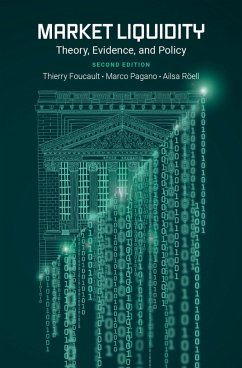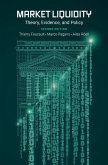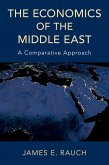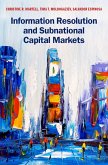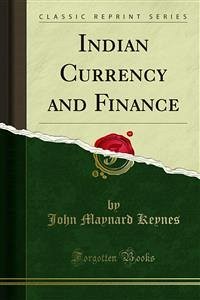The way in which securities are traded is very different from the idealized picture of a frictionless and self-equilibrating market offered by the typical finance textbook. In
Market Liquidity, Thierry Foucault, Marco Pagano, and Ailsa R?ell offer a more accurate take on the liquidity of securities markets, its determinants, and its effects. They start from the assumption that not everyone is present at all times simultaneously on the market, and that even the limited number of participants who are have quite diverse information about the security's fundamentals. As a result, the order flow is a complex mix of information and noise, and a consensus price only emerges gradually over time as the trading process evolves and the participants interpret the actions of other traders. Thus, a security's actual transaction price may deviate from its fundamental value, as it would be assessed by a fully informed set of investors.
Market Liquidity takes these deviations seriously, and explains why and how they emerge in the trading process and are eventually eliminated. Drawing on the analytical tools and empirical methods from a well-defined field within financial economics--market microstructure--the authors confront many striking phenomena in securities markets, from liquidity changes over time to temporary deviations from asset fair values. In the fully revised second edition of
Market Liquidity, Foucault, Pagano, and R?ell bring readers up to speed on recent changes in market structures and financial regulation. New chapters cover the relationship between financial instability and market liquidity, as well as the role and effects of algorithmic and high-frequency trading. Including new illustrative examples of market malfunction and novel insights from recent research on security markets,
Market Liquidity provides a comprehensive and authoritative account on market microstructure.
Dieser Download kann aus rechtlichen Gründen nur mit Rechnungsadresse in A, B, BG, CY, CZ, D, DK, EW, E, FIN, F, GR, HR, H, IRL, I, LT, L, LR, M, NL, PL, P, R, S, SLO, SK ausgeliefert werden.

